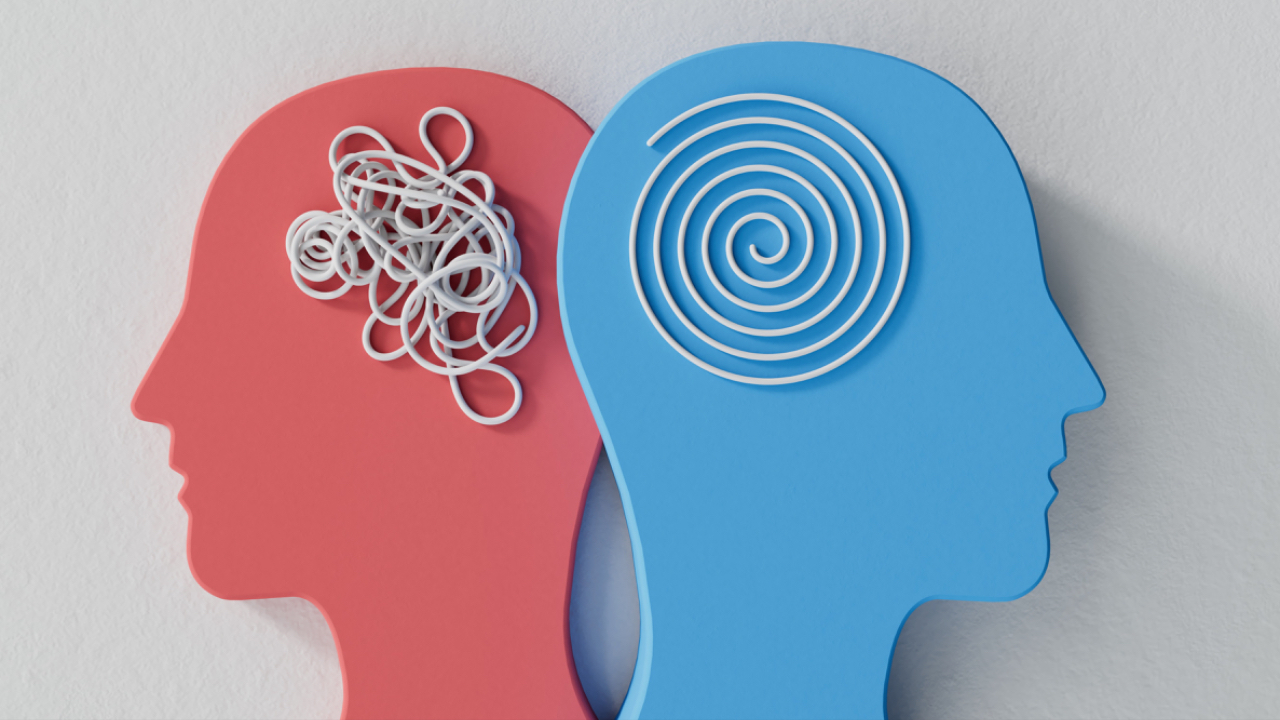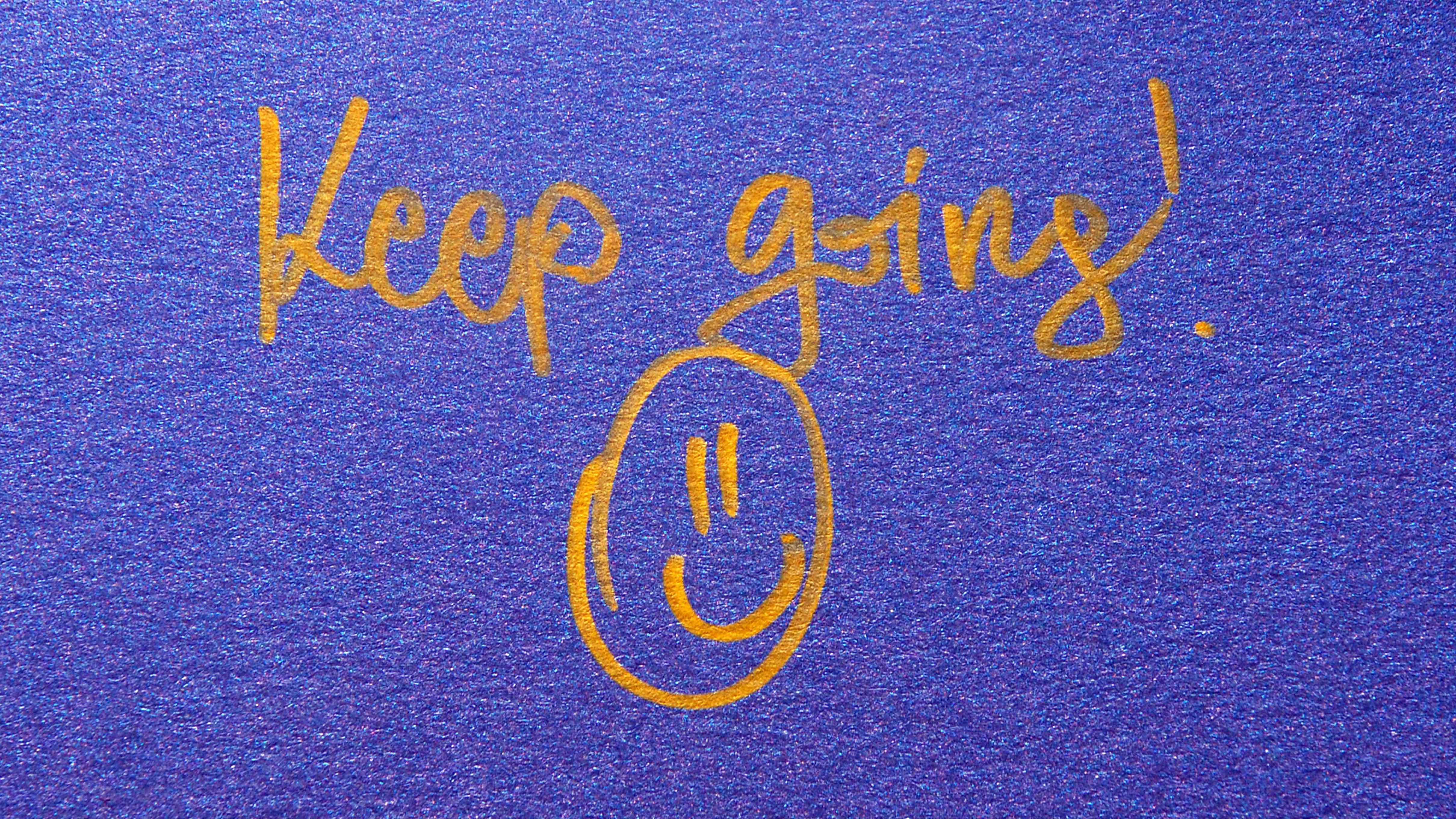
Clear Your Mental Clutter: A Simple Fix for Better Health Decisions
Jun 30, 2025Whether you’ve recently had weight loss surgery or are using GLP-1 medications to support your health journey, you’re probably making more daily decisions than ever before - about food, movement, vitamins, hydration, social events, and more...
... and it can be exhausting.
Moreover, this mental exhaustion from making constant decisions is known as decision fatigue, and it’s a real obstacle when you're trying to make consistent, healthy choices.
What is Decision Fatigue?
Decision fatigue happens when your brain becomes overwhelmed by too many choices. From the moment you wake up (“What should I eat for breakfast?”) to the moment you go to sleep (“Should I prep tomorrow’s meals or rest on the couch?”), your brain is working hard.
Eventually, it just… runs out of steam, and when that happens, you’re more likely to:
-
Default to old habits (like comfort eating or skipping meals);
-
Skip movement;
-
Lose motivation;
-
Feel emotionally drained;
- Struggle to make healthy and supportive decisions.
The tricky thing is: decision fatigue doesn’t always feel like tiredness. It can show up as irritability, brain fog, procrastination, or “I just can’t be bothered today” energy.

Why It’s Especially Important to Recognise This Now
After WLS or while using GLP-1s, you’re making more intentional choices than before, and that’s great, but without the right support your brain can get overloaded. That mental exhaustion can pull you off track, even when your physical body is doing the right things.
So what can you do?
6 Ways to Reduce Decision Fatigue
-
Plan Ahead and Keep It Simple)
Spend 10–15 minutes once a week to jot down some meals, snacks, stress-reduction actions and movement options. This isn’t about perfection, just having a guide so you don’t start from scratch each day. -
Create ‘Default’ Healthy Choices
Choose 1–2 go-to breakfasts, lunches, or snacks that are easy and balanced. When your brain is tired, you can default to these without needing to think. -
Build Routines Into Your Day
Routines give your brain a break. Whether it’s taking your vitamins at the same time each day or walking at the same time each afternoon, consistency reduces decision-making pressure. -
Make Key Decisions in the Morning
Your willpower and decision-making energy is highest in the morning, so that’s the best time to plan meals, prepare snacks, or book in some movement. Don’t leave important choices to the end of the day when your brain will go for the easy option e.g. not to bother. -
Use Visual Prompts and Reminders
Set alarms, use sticky notes, or place your vitamins and water bottle where you can’t miss them. That way, you rely less on memory and more on smart cues. -
Practice Self-Compassion
You don’t have to get it right every time. If you find yourself slipping into old habits, take a breath. You’re human - reflect, reset, and keep going.

Final Thoughts
Whether you're navigating life after surgery or adjusting to a GLP-1 medication, you’re doing a lot and your brain is too. By reducing the number of decisions you make each day, you create space for clarity, confidence, and success.
Remember: it’s not about having more willpower. It’s about having fewer decisions to drain it.

